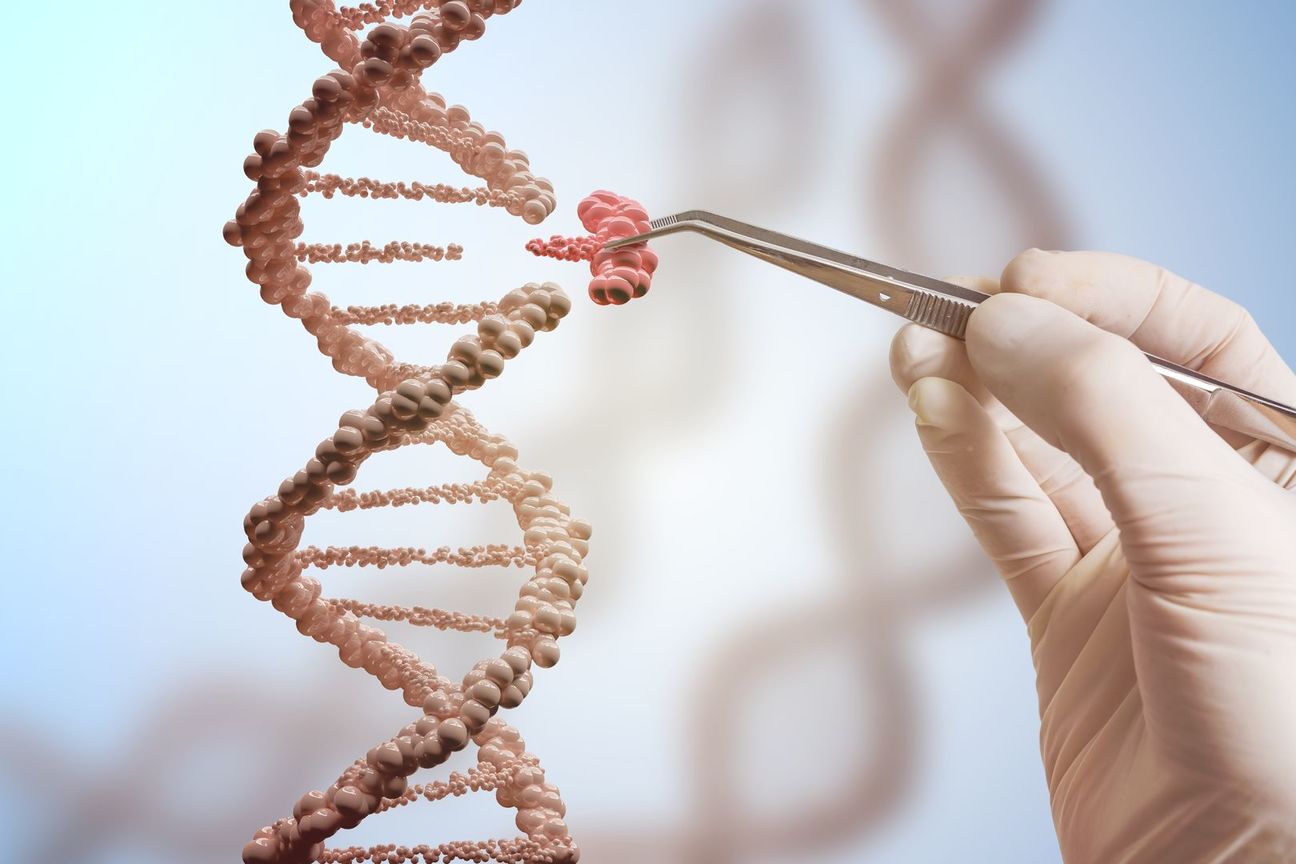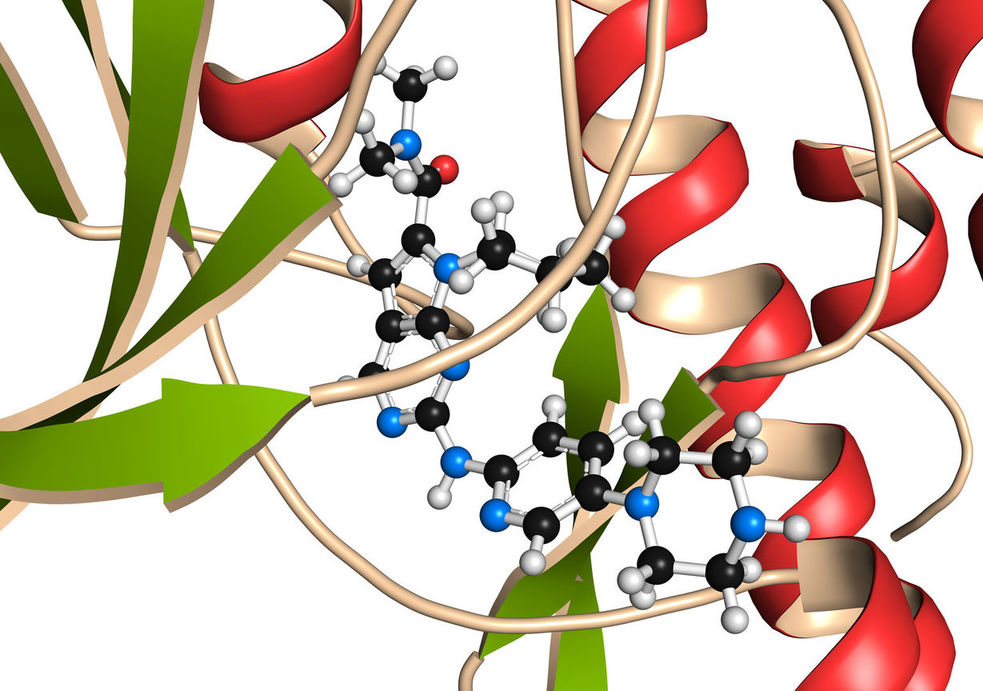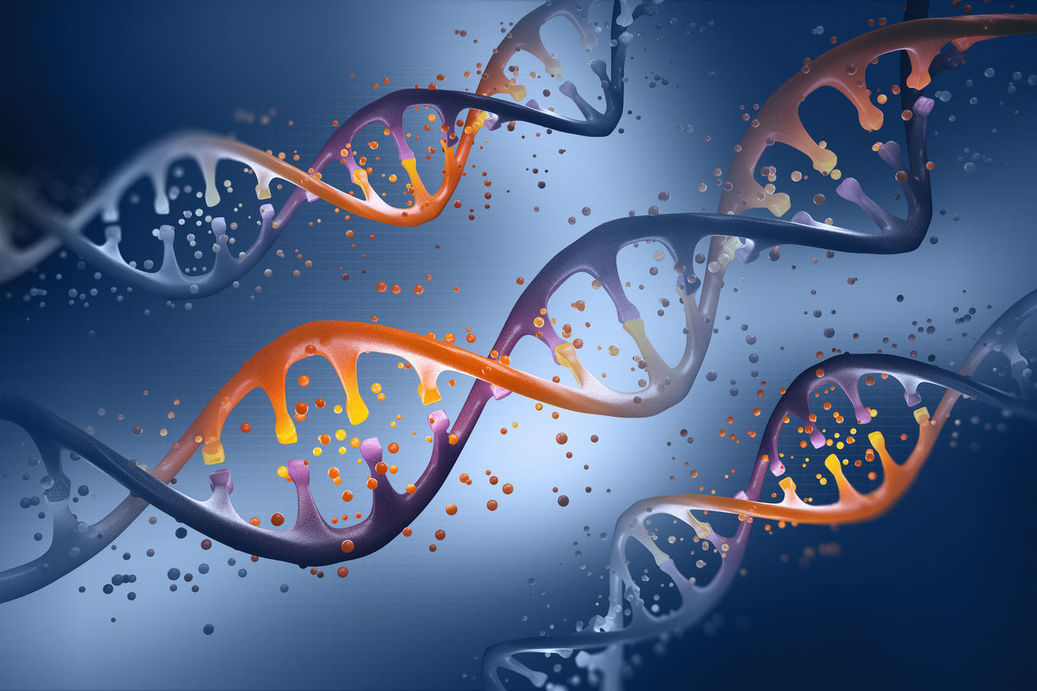Computational Model-assisted Carbohydrate Antigen Structure Prediction Service
Carbohydrate Antigen Structure Prediction with Advanced Automation
As glycobiology and computational engineering continue to advance,
Computational Glycoengineering-assisted Specific Modeling is beginning to come into the public eye. Antigens are key to recognition by the immune system, which plays an important function in immunotherapy. With the help of immunoinformatics tools, CD BioGlyco provides high-quality
Carbohydrate Antigen Development services. Whether you need to predict antigenic determinants, predict conformational epitopes, predict antigen-antibody binding sites, or design new carbohydrate antigens, our experienced carbohydrate development team caters to all your needs.
Data collection and modeling
CD BioGlyco has professional data analysts who collect and organize relevant data sets. Relying on advanced algorithms and sorting calculations, our researchers perform the initial organization of the collected data.
Based on deep learning, our lab provides predictive modeling services. Our researchers use large datasets to train and optimize models to achieve high accuracy and predictability.
The basic idea of neural networks is to learn complex relationships between variables by mimicking the connections of biological neurons. Deep learning incorporates multiple hidden layers to analyze relationships implicit in large, high-dimensional datasets. Our well-trained models can be used to make predictions and inferences about completely unseen and new antigens.
Prediction
Based on homology models constructed by our professional team, CD BioGlyco provides reliable antigen structure prediction services by molecular dynamics simulations, molecular docking, and binding free energy calculations.
CD BioGlyco provides professional B-cell epitope prediction services including sequence-based or structure-based methods. Moreover, our lab provides high-quality prediction of T-cell epitopes and neoantigens using computational tools.

Publication
Technology: Ensemble learning, Computational modeling, Leave-one-out cross-validation
Journal: PLoS ONE
Published: 2012
IF: 2.9
Results: This study used computational modeling to predict antigenic structures and conformational epitopes. Combining a large number of candidate features and a database, the researchers built an integrated learning model based on a weighted scoring strategy. Moreover, the researchers ranked and evaluated the features in the dataset for fast prediction. The results show that the model is very useful for predicting antigenic conformational epitopes.
 Fig.1 Comparison between integrated models and individual trait models. (Zhang, et al., 2012)
Fig.1 Comparison between integrated models and individual trait models. (Zhang, et al., 2012)
Applications
- Computational model-assisted carbohydrate antigen structure prediction can be used to optimize antibody drugs.
- Computational model-assisted carbohydrate antigen structure prediction can be used to rapidly identify cancer targets and antigenic variants.
- Computational model-assisted carbohydrate antigen structure prediction can be used for specific antigen affinity prediction.
- Computational model-assisted carbohydrate antigen structure prediction plays a key role in the prediction of tumor de novo antigens and the study of immunological mechanisms of emergent viruses.
Advantages of Us
- Our prediction models provide not only highly accurate structure prediction but also immune epitope prediction and binding site prediction.
- Our researchers have a strong background in bioinformatics and are skilled in the use of various computational tools.
- Our well-trained carbohydrate antigen development team has been consistently delivering antigen prediction services with high efficiency, accuracy, and quality.
Frequently Asked Questions
- What is the classification and difference between B-cell epitopes?
- The b-cell epitopes can be categorized into linear and conformational epitopes. Linear epitopes consist of sequential amino acid sequences, whereas conformational epitopes consist of residues that are separated by long distances but spatially close in the sequence.
- What is deep learning?
- Deep learning is an artificial neural network-based learning method that processes complex patterns and data by mimicking the brain's thought patterns.
CD BioGlyco has highly qualified bioinformatics experts to help clients plan carbohydrate antigen development programs. Our researchers pay extra attention to every step of the service. Please feel free to contact us.
Reference
- Zhang, W.; et al. Computational prediction of conformational B-cell epitopes from antigen primary structures by ensemble learning. PLoS ONE. 2012: e43575.
For research use only. Not intended for any diagnostic use.
Quick Links
Related Services



 Fig.1 Comparison between integrated models and individual trait models. (Zhang, et al., 2012)
Fig.1 Comparison between integrated models and individual trait models. (Zhang, et al., 2012)


